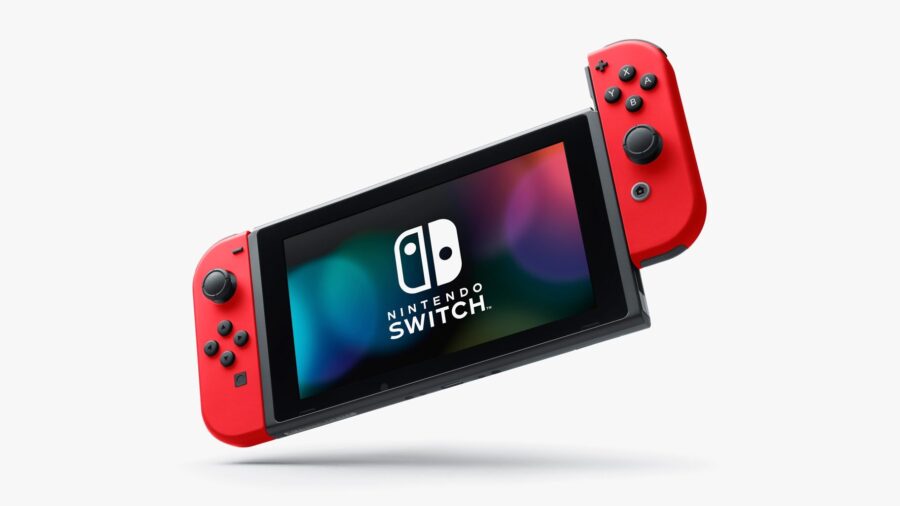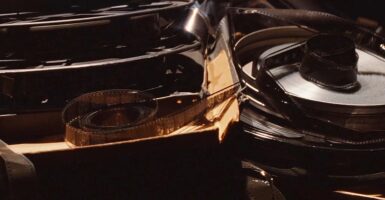Steam Deck To Feature A Nintendo Switch Emulator?
The Steam Deck was being promoted when a build of one featured a popular Nintendo Switch emulator.
There are a host of reasons why one might decide to buy Steam Deck, Valve’s new handheld PC and Switch emulation might be one of those reasons. Valve showcased the capabilities of its console while unknowingly showing the world a model of Deck, which has Yuzu — Nintendo Switch emulator — installed. The unintended reveal came as part of a recent YouTube video which was meant to show off the handheld PC’s HDMI dock — similar to the one Nintendo Switch has.

According to IGN‘s report, the trailer that was meant to announce that Valve has cleared its backorder log quickly made waves among the fans of Valve’s handheld for an entirely different reason. Right there, on Steam Deck’s 7-inch touchscreen, right next to gaming titles like Hades, Tunic, and Vampire Survivors, was Yuzu, an emulation software designed to run Nintendo Switch games on PC. Valve acknowledged its mistake and quickly deleted the now-controversial video and replaced it with one that shows different gaming titles.
The original video is now removed, but the cat is out of the bag, and the internet gaming community is buzzing with the news and reports stating that Steam Deck doesn’t feature native emulation software. However, those videos are outnumbered by those posted by resourceful gamers offering step-by-step video guides to their less-tech-savvy gaming colleagues on how to play their favorite games on Valve’s pocket PC. Interestingly, some of these videos are more than six months old.
Let’s, just for a moment, assume that Valve’s mistake is an honest one and not a poke into Nintendo’s cheek that says, “hey, look at what our handheld can.” The faulty reveal just goes far to show the computing capabilities of Steam Deck. Emulation is a tricky software to build and run; you have to make it as light as possible to allow the native system to run unhindered while also running a game that isn’t developed for said system. Of course, this kind of software has become more sophisticated compared to old PS2 emulators, which require absolute PC beasts to run games.
But the bigger point of contention is piracy. We live in a digital age, and physical copies of video games are more akin to memorabilia than actual playable games. This is especially true when you factor in the fact that Limited Edition physical copies of various games tend to greatly increase in price after a few years, especially if they’re in mint condition. This leaves hackers with another, more favorable option — hacking and copying digital copies of Switch games for emulation purposes on Steam Deck. Nintendo Wii was hacked using a simple pair of tweezers.
The problem with the current emulation scene is that it’s mostly based on piracy and sharing of illegally copied intellectual property (9 out of 10 times). And while those illegal actions keep most gaming titles from oblivion, they’re also damaging the game makers financially, affecting every aspect of game production, including the quality. So, before any of us starts criticizing the gaming industry for the lack of quality in modern games, perhaps a long, hard look in the mirror is in order? We, the gamers, are also part of the same industry.
It’s also worth pointing out that Valve is apparently turning a blind eye to the Steam Deck’s very-vibrant emulation scene, and Nintendo doesn’t shy from taking aggressive legal action against those who emulate their game. It’s highly unlikely that they’ll target Valve since the company can’t be responsible for the misuse of its products, but they can collaborate with ISP providers to target those who download their games illegally.












